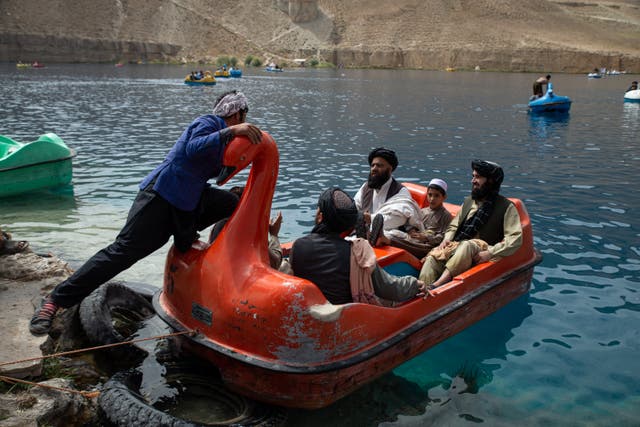MIDDLE EAST EYE
France will ban children from wearing the abaya, the loose-fitting, full-length robes worn by some Muslim women, in state-run schools, its education minister said on Sunday ahead of schools returning after the summer holidays.
France, which has enforced a strict ban on religious signs in state schools since 19th-century laws removed any traditional Catholic influence from public education, has struggled to update guidelines to deal with a growing Muslim minority.
In 2004, France banned “the wearing of signs or outfits by which students ostensibly show a religious affiliation” in schools. This ban included large crosses and Jewish kippas as well as Islamic headscarves.
In 2010, it passed a ban on full-face veils in public, angering many of its five million-strong Muslim community.
Unlike headscarves, the abaya – a garment worn to comply with Islamic beliefs on modest dress – occupied a grey area and faced no outright ban until now.
Defending secularism is a rallying cry in France that resonates across the political spectrum, from left-wingers upholding the liberal values of the Enlightenment to far-right voters seeking a bulwark against the growing role of Islam in French society.
“I have decided that the abaya could no longer be worn in schools,” Education Minister Gabriel Attal said in an interview with TV channel TF1.
“Secularism means the freedom to emancipate oneself through school,” he continued, describing the abaya as “a religious gesture, aimed at testing the resistance of the Republic towards the secular sanctuary that school must constitute”.
“When you walk into a classroom, you shouldn’t be able to identify the pupils’ religion just by looking at them,” he added.


